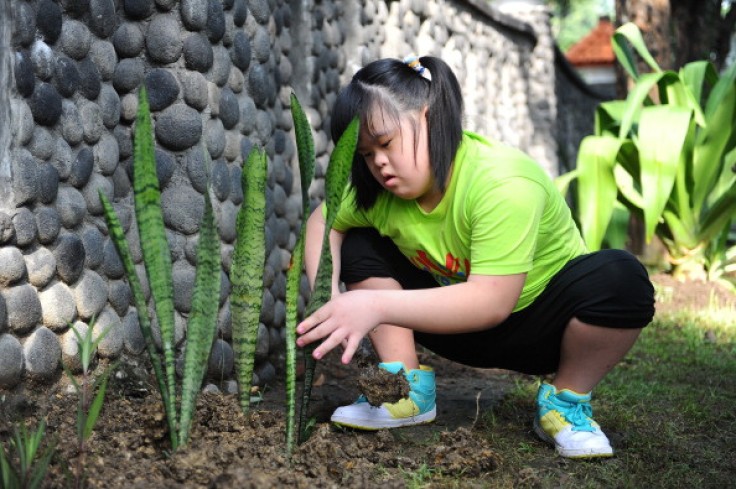
Disabled people are said to be two to three times more likely to have chronic conditions — such as heart disease, stroke, diabetes, or cancer — which put them at higher risk of contracting COVID-19. Now, parents await the response of the CDC as they advocate for their disabled children to be vaccinated.
D.C., as well as Maryland, Alabama, and several other states, are leaving out Phase 1a proposals for people with disabilities residing in large facilities and group homes, instead of transferring them to 1b or 1c. Group homes have been moved to Phase 2 in Indiana and Rhode Island, with the possibility that vaccines are months away.
In their vaccination programs, most states make no mention of disabilities, leaving people with intellectual and physical disabilities panicking and uncertain about how long they would have to wait.
Spokeswoman for the Union County Public Schools Tahira Stalberte said that the school system was working to clear roadblocks and make it safe for students who want to come back to the classroom. When asked if students must be vaccinated before attending class, Stalberte responded, "Absolutely not."
"We've had in-person classes since August, with virtual learning as an alternative," Stalberte explained. "In fact, starting today, our teachers are only getting vaccinated."
It's unclear how many parents are in the same position, who are trapped at the back of the vaccine line with no hope of getting their disabled children vaccines anytime soon.
Advocates for Vaccination of Children with Disabilities
A regular phone call for people with disabilities and the organizations that serve them is hosted by Germán Parodi, co-director of an organization focusing on natural disaster response. Parodi, a quadriplegic, has watched as a vulnerable group has been made even more vulnerable with each new challenge: disabled support staff being passed over for protective equipment, research locations that are inaccessible to wheelchairs, budget cuts to in-home care services, and now, difficulties getting vaccinated.
"It feels like fighting against Goliath for our oppressed culture," Parodi said.
The most recent blow in that battle: Congress did not provide additional community funding amid months of urgent pleas.
"When we are left out of relief packages like this, Congress is telling us they don't care whether we live or die," said Julia Bascom, executive director of the Autistic Self Advocacy Network.
Bascom and other advocates were hindered as they attempted to get the federal government to report the number of COVID-19 outbreaks in facilities for disabled people, in the same method as in nursing homes.
Researchers such as Syracuse University's Scott Landes have sought to fill the gap by exploring what little state-level knowledge is available to learn how the disabled population is impacted by COVID-19. Before he looked at a single figure, Landes realized that the conditions were stacked against people with disabilities.
For now, parents would rather keep their children in the virtual academy as long as they could, just like Lundin-Erickson. She said, "And even in the fall I would wait if she didn't have the vaccine. ... I'd rather be safe than sorry."